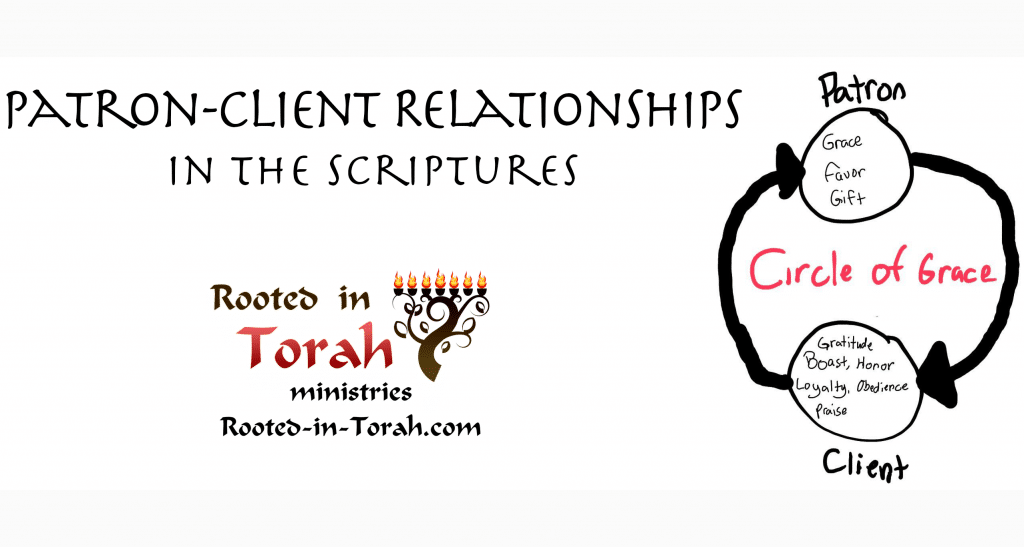This teaching is a follow-up to the concept block teaching on honor and shame. In this teaching we will discuss the patronage system that was part of the culture and background of the New Testament and in fact existed in the ancient Near East as well as evidenced throughout the Tanakh (Old Testament). This will give us a contextually correct understanding of many of the sayings of Yeshua and the writings of Paul and other New Testament writers. It is most important in understanding that the term 'grace' (Greek: charis) was not primarily a religious word but was well understood throughout the first century world in both the Greco-Roman culture and the Jewish culture of the day. We will see that by understanding this patronage system, we will completely understand our duty of reciprocity towards our God and how this works hand-in-hand with our Biblical mandate of doing justice and righteousness.
What shall we say then? Are we to continue in sin so that grace may abound? May it never be! How can we who died to sin still live in it? Or do you not know that all of us who were immersed into Messiah Yeshua were immersed into His death? Therefore we were buried together with Him through immersion into death—in order that just as Messiah was raised from the dead by the glory of the Father, so we too might walk in newness of life.
Oops! You don't have access to this content!
You will need Silver level access to watch this teaching.
Alternatively, you can purchase this teaching on DVD or download via the Digital Download store.







Spectacular Ryan, thank you so much for this insight into the Word and into the character of YHVH.
I just had a thought and I hope you can address it later — How would the system of honor/shame relate to the concept of calling out to YHVH for justice vs the complaining we see in the wilderness, or any complaining we do in the sight of the nations? I am just wondering if the true offense of public complaining is a way of dishonoring YHVH as our patron by casting doubt on His ability to provide for us, or as ingratitude towards His beneficence? Thanks!